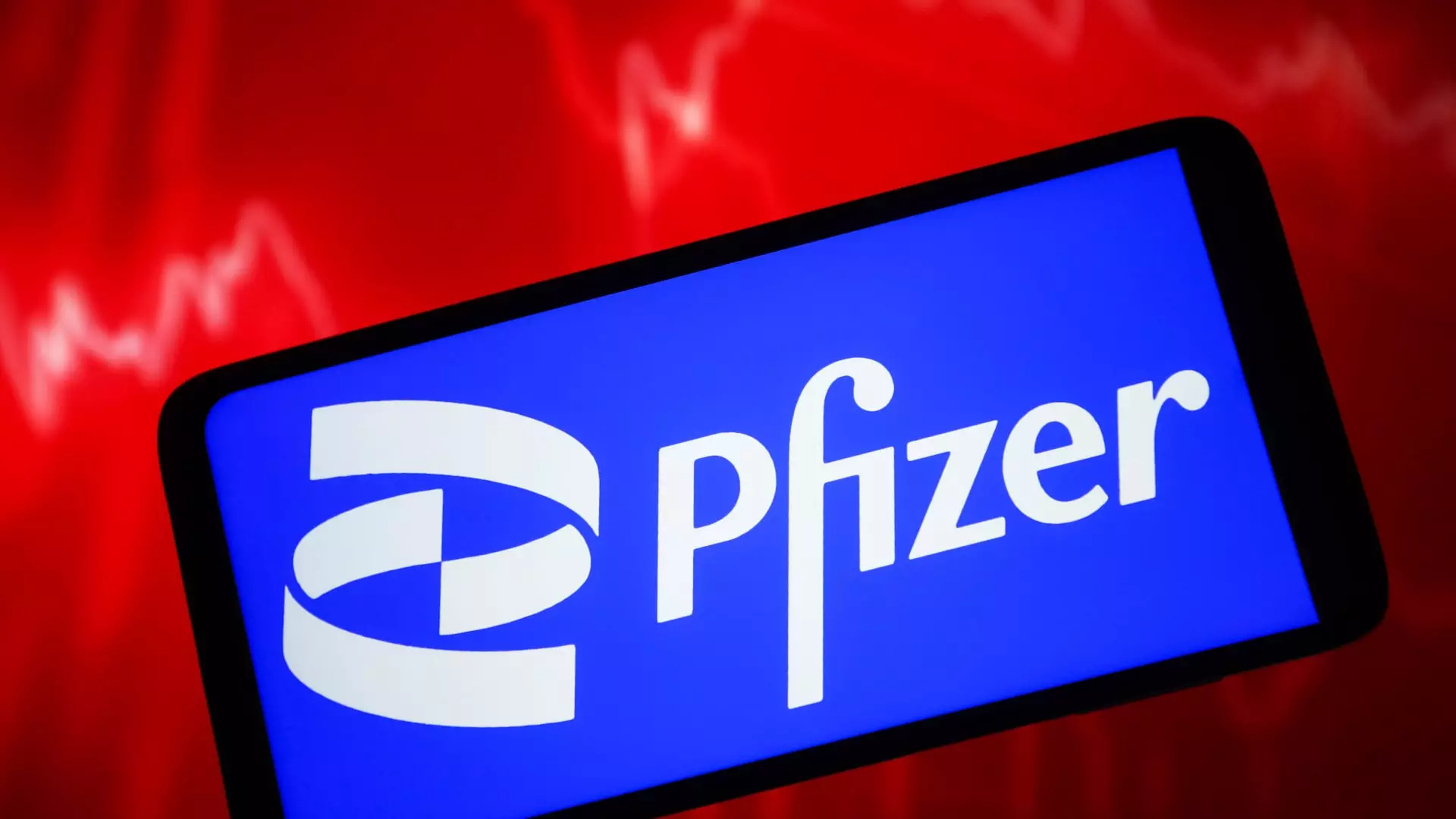The recent approval by the Food and Drug Administration of Pfizer’s gene therapy for a rare genetic bleeding disorder marks a significant milestone in the field of hemophilia treatment. The therapy, which will be marketed as Beqvez, is a groundbreaking one-time treatment designed to enable patients to produce factor IX themselves and prevent and control bleeding. This approval has the potential to revolutionize the way hemophilia B is managed and treated, offering hope to those living with this debilitating condition.
Beqvez represents a major advancement in the treatment of hemophilia B, a condition that affects over 7,000 people in the U.S. The therapy targets the root cause of the disorder by addressing the insufficient levels of factor IX, a protein that helps blood clot to stop bleeding and seal wounds. Without this protein, patients with hemophilia B experience frequent and prolonged bleeding episodes, leading to painful joint damage and mobility issues. Beqvez aims to reduce the medical and treatment burden for patients by providing a more convenient and effective alternative to standard treatments that require frequent infusions of factor IX.
Despite its potential benefits, Beqvez comes with a hefty price tag of $3.5 million before insurance and other rebates. This makes it one of the most expensive drugs in the U.S. While Pfizer is offering a warranty program to provide financial protection for patients receiving Beqvez, the high cost of the therapy may limit its accessibility for many individuals. It is essential for policymakers and healthcare stakeholders to address the affordability and availability of gene therapies like Beqvez to ensure that all eligible patients can benefit from these innovative treatments.
Pfizer’s approval of Beqvez is part of a larger trend in the healthcare industry towards gene and cell therapies. These one-time, high-cost treatments have the potential to cure or significantly alter the course of diseases by targeting a patient’s genetic source or cell. While Beqvez and similar therapies hold promise for transforming the management of hemophilia B, challenges such as high costs, logistical issues, and limited uptake by healthcare providers may impact their widespread adoption. It will be crucial for pharmaceutical companies, policymakers, and healthcare professionals to collaborate on strategies to overcome these barriers and ensure that gene therapies become more accessible and widely used in the treatment of rare genetic disorders like hemophilia B.
Pfizer’s approval of Beqvez represents a significant advancement in the field of hemophilia treatment. This groundbreaking gene therapy offers new hope for individuals living with hemophilia B by providing a more effective and convenient treatment option. While the high cost of Beqvez may present challenges in terms of accessibility, its approval paves the way for future innovations in gene therapy and holds promise for transforming the management of rare genetic disorders. It is essential for stakeholders across the healthcare industry to work together to address the barriers to access and ensure that patients can benefit from these life-changing therapies.

Leave a Reply